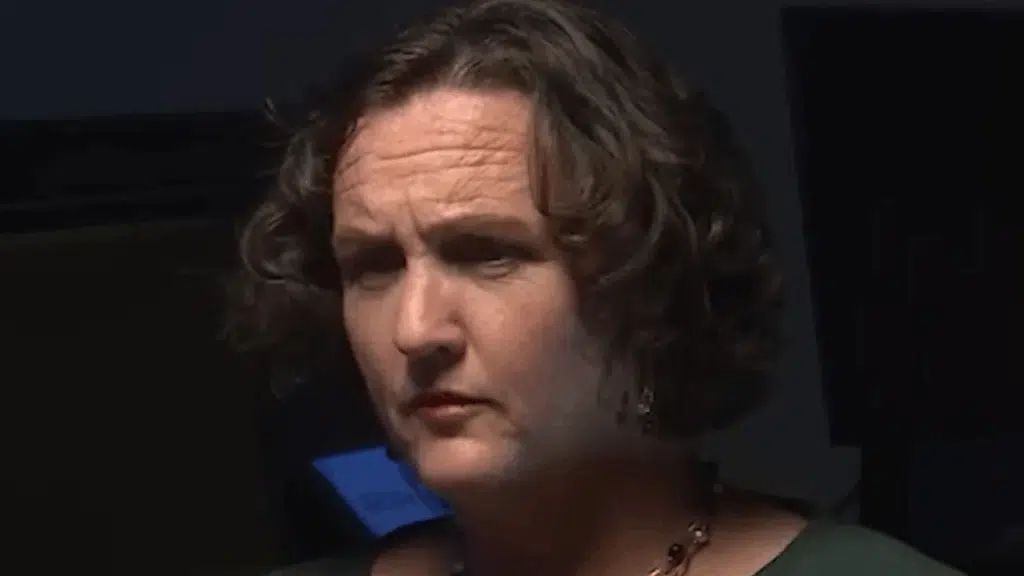
Louisiana Takes An “Eye For An Eye” Justice Below The Belt
I live in Florida, and I love living here. One reason is because of our Governor, Ron DeSantis, who works daily to uphold decent conservative values by constantly pushing back against the wave of radical leftist madness.
Louisiana seems to have also found a conservative diamond in the rough in Governor Jeff Landry. He has also taken up the conservative mantel. In his first six months in office, Landry has pushed a broad conservative agenda that is altering Louisiana’s cultural landscape on everything from abortion rights to criminal justice to education.
Last week, he signed the first law in the nation mandating that the Ten Commandments be posted in every public school classroom in the state. At the bill signing ceremony, Landry had this to say:
“If you want to respect the rule of law, you’ve got to start from the original lawgiver, which was Moses.”
Naturally, the Democrats disputed this, which is great as far as I’m concerned. The left constantly pushes boundaries, trying to advance their agenda, so it’s nice to see someone on the conservative side push back. I’m sure at some point, the Freedom from Religion Foundation will get involved in trying to have them removed, but every single state should do the same thing to continue the fight.
Pearson Cross, a political science professor at the University of Louisiana, summed up Landry in this way:
“He sees this cultural struggle. He’s this culture warrior. He’s comfortable in this, and he believes that being attacked or having to defend on these particular issues is a good thing. It demonstrates his bona fides because he’s taking on the woke left.”
Now, Landry has signed Senate Bill 371 into law that permits state judges to order surgical castration for individuals convicted of sex crimes involving victims under the age of 13. Sponsored by State Senator Regina Ashford Barrow, the law is set to take effect on August 1 after being signed by Landry on June 18. The law allows Louisiana judges to punish offenders aged 17 and older with surgical castration if they are convicted of aggravated sex crimes against a victim under the age of 13.
The bill, overseen by the Department of Public Safety and Corrections, will not be executed if deemed “not medically appropriate.” Under the new law, a court-appointed medical expert must determine within 60 days of sentencing whether the offender is “an appropriate candidate” for surgical castration.
The legislation states:
“In all cases involving an offender sentenced to a period of incarceration or confinement in institution, the procedure shall be performed not later than one week prior to the offender’s release from the institution.”
According to the new law, if an offender “fails to appear” as required by court order for surgical castration, the offender may be charged and sentenced to three to five years in prison without the “benefit of probation, parole, or suspension of sentence.”
Republican State Senator Valarie Hodges referred to the measure as “a consequence” for those guilty of committing sex crimes against children.
“It’s a step over and beyond just going to jail and getting out. The legislation, proposed by Senator Barrow, builds on previous law by allowing judges to order physical castration for those convicted of sex offenses involving victims aged 13 or younger.
“We are talking about babies who are being violated by somebody,” said the Democratic senator at the committee meeting in April. “That is inexcusable.”
According to state law, voluntary castration for those convicted of rape has been an option since 2008. In that year, the Legislature passed a law mandating that sex offenders be treated with medroxyprogesterone acetate (MPA).
“However, in lieu of treatment with medroxyprogesterone acetate (MPA), the court may order the defendant to undergo physical castration provided the defendant files a written motion with the court stating that he intelligently and knowingly gives his voluntary consent to physical castration as an alternative to the treatment.”
There are those out there who will say that castration is a bridge too far. However, those who feel that way think about what the victims endured during the time they were being raped. Also, consider that rapists generally have more than one victim.
Lastly, consider this. The radical left has no qualms about removing a confused young girl’s breasts who has committed no crime. Nor do they care about castrating confused young boys who also have committed no crime. So anyone who opposes castrating known rapists is providing grounds for disputing the mutilation of confused children.
Sorry, radicals, you can’t have it both ways.



